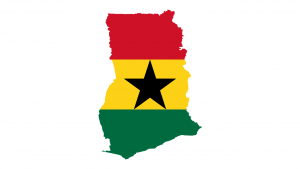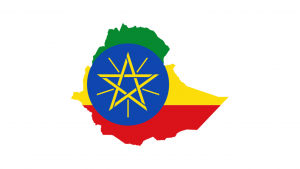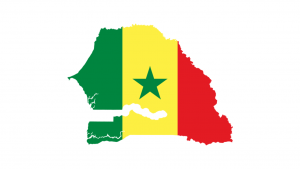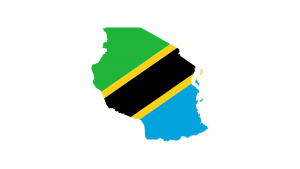
©Wikipedia
TEEBAgriFood in Africa: assessing policy options to improve livelihoods
Linked to the broader TEEB for Agriculture & Food project, this report focuses on the African region as part of its global analysis. It features a regional narrative with national case study examples on agricultural systems, practices, products, and policy scenarios, with the overall aims of contributing to the 2030 Agenda for Sustainable Development and a wide range of Sustainable Development Goals.
This report provides a regional analysis and narrative on the economics of the agriculture and food sector by focusing on Sub-Saharan Africa, key positive and negative externalities, and the national and international policy context. It concludes by providing concrete policy recommendations for better accounting for these costs and benefits in decision-making and ultimately leading to better livelihood outcomes.
These impacts and externalities are assessed in three case studies: agroforestry (coffee/cacao) in Ethiopia and Ghana, rice in Senegal, and livestock in Tanzania using the TEEBAgriFood Evaluation Framework.
These case studies were first presented as exploratory studies as part of an earlier TEEBAgriFood exercise to gather evidence on the hidden environmental and social costs of agriculture and food systems. Since then, the scope of TEEBAgriFood evolved in that the approach sought to be universal and comprehensive in coverage, both in terms of all economic, environmental and social dimensions as well as looking across the value chain (production, processing and distribution, and waste). This report presents an opportunity to update and strengthen these case studies and align them with the Evaluation Framework.
Download: Full report | Executive summary
Research lead: Dr. Harpinder Sandhu
Ethiopia & Ghana
Cocoa agroforestry in Ghana and coffee agroforestry in Ethiopia
Senegal
Rice systems in Senegal
Tanzania
Livestock systems in Tanzania





